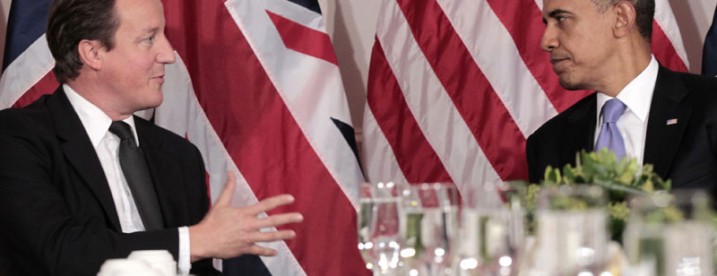
UK Enacts Legislation to Curb Abuse of Anonymous Companies—A Prime Money Laundering Vehicle—with Public Registry of Corporate Ownership Information
U.S. the 2nd-Easiest Place for Criminals to Open Anonymous Companies to Launder Dirty Money
WASHINGTON, DC – The United Kingdom today enacted legislation to crack down on the abuse of anonymous companies—a major conduit for laundering the proceeds of crime, corruption, and tax evasion—in a move that raises pressure on the United States to clean up its own house, noted Global Financial Integrity (GFI), a Washington, DC-based organization working to curtail illicit financial flows.
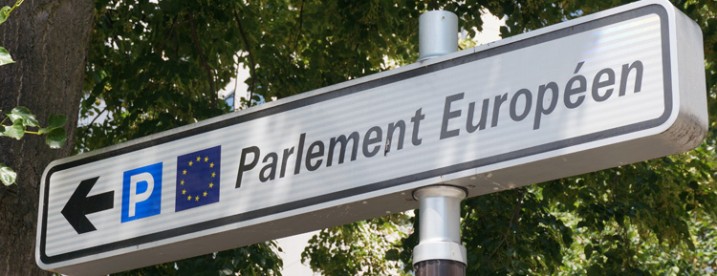
Negotiators Finalize Revisions to EU Anti-Money-Laundering Directive, Including Crucial Measures on Beneficial Ownership Transparency
United States Continues to Lag Behind International Progress on Key Element of Curtailing Illicit Financial Flows
WASHINGTON, DC – Global Financial Integrity (GFI) applauded the European Parliament and the Council of the European Union for agreeing yesterday to crack down on anonymous companies, a major conduit for laundering the proceeds of crime, corruption, and tax evasion. Just Tuesday, GFI released its annual flagship analysis of illicit financial flows from developing countries, which found that such flows—growing at nearly twice the rate of global GDP—reached a historic high of US$991.2 billion in 2012, the most recent year for which data is available.
By Liz Confalone, December 5, 2014

Slow but Steady Progress towards Curtailing the Abuse of Anonymous Companies
In June 2013, G8 leaders met in Lough Erne and agreed to a set of principles on beneficial ownership transparency. The principles state that companies should maintain their beneficial ownership information and that the information should be available to law enforcement and other competent authorities; additionally, countries were to consider making such information available to financial institutions and other regulated businesses. Trust information should be collected and available, the principles explained, but only to law enforcement. These principles were largely reiterated by the Financial Action Task Force (FATF)—the body setting international anti-money laundering standards—in their Guidance on Transparency and Beneficial Ownership in October 2014 and by the G20 in their High Level Principles on Beneficial Ownership in November 2014.
Despite the establishment of this baseline, momentum is building since Lough Erne to raise the bar. In July 2013, the UK began the process to establish a central register of information and, after a public comment period, determined that the register should be publicly available—a position strongly supported by Global Financial Integrity (GFI). In April 2014, the European Parliament approved provisions requiring formation of public registers as part of their draft of the European Union’s Fourth Anti-Money Laundering Directive (AMLD), but the E.U. Council and the E.U. Commission have yet to take a public position on the AMLD, delaying its final adoption. Just last month, Denmark announced that it, too, would create its own public registry of beneficial ownership information.
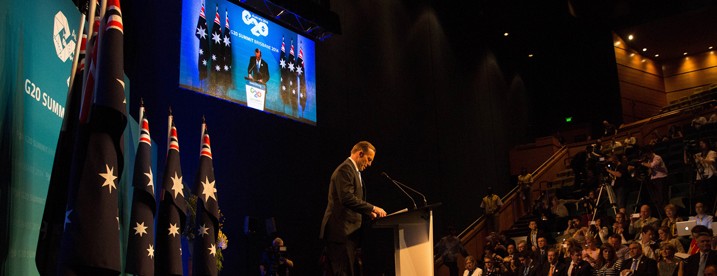
World Leaders’ Weekend Summit Misses Opportunity to Act on Beneficial Ownership or Country-by-Country Reporting
Work Remains to Ensure Developing Countries Benefit Fully From Global Automatic Exchange of Financial Information, but Agreement to Include Developing Countries in OECD BEPS Project an Encouraging Move
WASHINGTON, DC – G20 leaders met this past weekend in Brisbane, Australia for their annual summit, issuing a communiqué full of ambitious proposals for growing the global economy, but noticeably lacking in responses to illicit financial flows, one of the largest drags on development worldwide. Global Financial Integrity (GFI), a Washington, DC-based research and advocacy organization, expressed its disappointment at the underwhelming result.
By Joshua Simmons, November 10, 2014
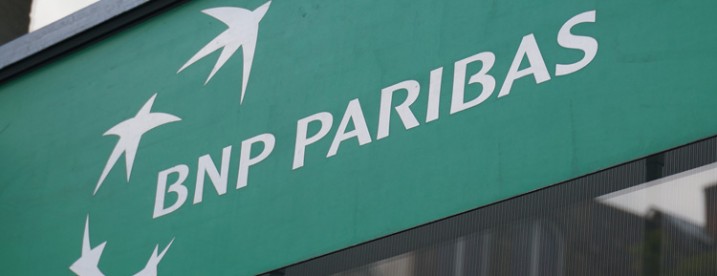
Until Global Financial Crime Punishments include Individual Prosecutions, Rogue Banks Will Continue to Do as They Please, Writes GFI’s Joshua Simmons
After the recent spate of massive money-laundering, sanctions-busting, and tax-evasion scandals involving large international banks, sometimes it seems more difficult to name a single bank that has not been exposed for wrongdoing than list all those that have. One might think that, having worked their way through so many financial institutions, investigators and prosecutors would be at a loss for what to do next. The banks, though, seem more than willing to provide more work, with many either failing to meet their ends of their settlement agreements, continuing to move money for criminals and tax-evaders, or both.
Standard Chartered, which settled charges in mid-2012 related to its widespread activities violating U.S. sanctions on Iran, Burma, Libya, and Sudan, paid an additional fine this summer for failing to uphold its obligations under the settlement. The bank may now be in line for even more punishment, after new information seems to indicate additional transactions with Iranian entities that weren’t disclosed or admitted in the original settlement. It’s not presently clear whether Standard Chartered retained a relationship with Iranian customers after its settlement in 2012, but it certainly continued to take their money after the initial investigation began.
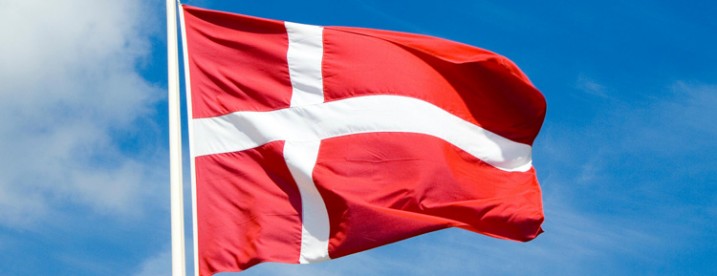
Move Strikes at One of the Biggest Tools for Laundering Money
Danish Plan Raises Pressure on European Council and Commission, G20, and U.S. to Take Action
WASHINGTON, DC – The Danish government announced today that it will create a public registry of beneficial ownership information for all Danish companies in a move lauded by Global Financial Integrity (GFI) as key to cracking down on one of the biggest tools for laundering the proceeds of crime, corruption, and tax evasion.
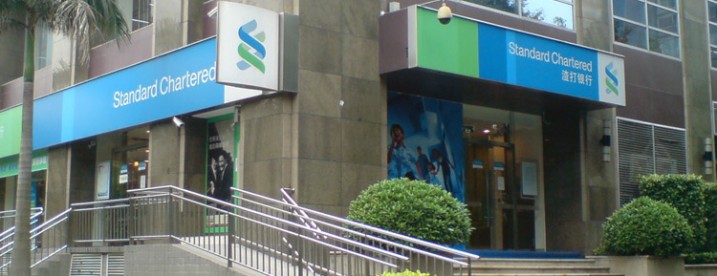
GFI Warned of Shortcomings of Original Standard Chartered Settlement in August 2012
Regulators Fail Again to Hold Individuals Accountable for Serious Anti-Money Laundering Lapses, Providing No Deterrent to Future Misconduct
WASHINGTON, DC – As New York regulators announced that British bank Standard Chartered PLC will pay a fine of $300 million for failing to rectify anti-money laundering deficiencies as required by the bank’s August 2012 settlement with New York regulators, Global Financial Integrity (GFI) warned that the agreement underscored the fact that fines and monitoring are insufficient for deterring illicit activity at international banks.
By Cobus de Swardt, Global Financial Integrity, July 9, 2014

Curbing Cross-Border Corruption via Anonymous Companies Should Be a Priority for Global Leaders in 2014, Says Transparency International’s Cobus de Swardt
Corruption around the world is facilitated by the ability to launder and hide proceeds derived from the abuse of power, bribery and secret deals. Dirty money enters the financial system and is given the semblance of originating from a legitimate source often by using corporate vehicles offering disguise, concealment and anonymity. For example, corrupt politicians used secret companies to obscure their identity in 70 percent of more than 200 cases of grand corruption survey by the World Bank.
For far too long, corrupt figures have been able to easily stash the proceeds of corruption in foreign banks or to invest them in luxurious mansions, expensive cars or lavish lifestyles. They do this with impunity and in blatant disregard for the citizens or customers they are supposed to serve.
Importantly, the corrupt are aided by complacent and sometimes complicit governments of countries with banking centers that facilitate money laundering and allow the corrupt to cross their borders to enjoy stolen wealth. Weak government actions are failing to prevent the corrupt from evading justice and have enabled cross-border transfers of corrupt assets. Complacent governments responsible for protecting the public from such criminal acts are de facto supporting impunity for corruption.








